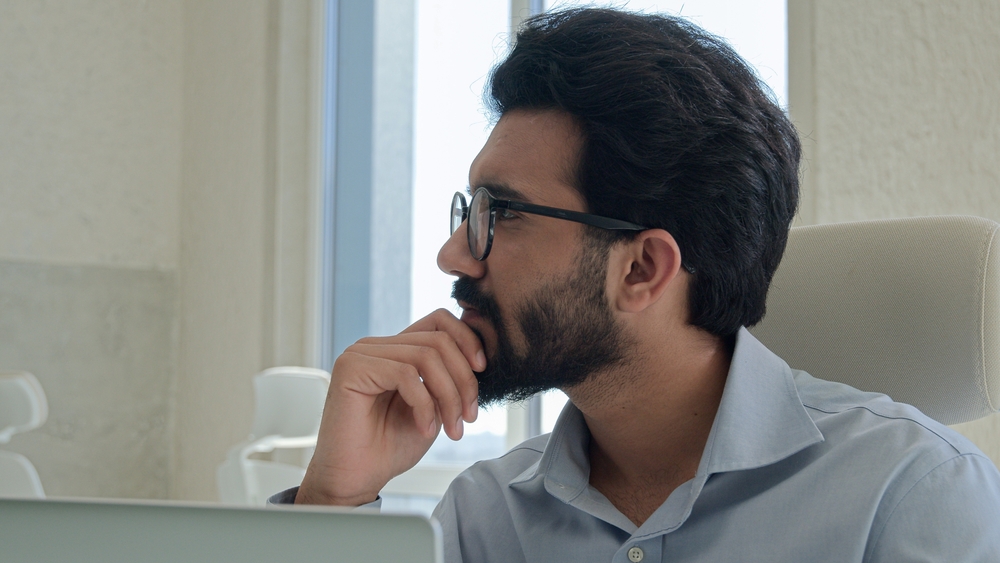Why Did Allah Not Create Us Without Flaws?
Answered by Shaykh Abdul-Rahim Reasat
Question
For the past few days, this question has come to my mind: Why did Allah give us body hair, and why did He give us pubic hair and armpit hair if He wants us to shave it? And why do urine drops keep coming after urinating? Why did Allah not make it perfect? and why we are so similar to animals like we eat things like this? Can you please help me get over these questions? These questions are making me doubt about Islam.
Answer
I pray you are well.
The answer is simple: to test us. This test shows who will obey Him and who will refuse to do so. through the test, we can see who will keep worshipping Him through all the inconveniences and difficulties and who will walk away.
Without these tests, we would not have seen the true worth of people when it comes to belief and obedience of Allah, in this life, but especially on the Day of Judgement. On that Day, everyone will want Paradise, and those who get it will vary in greatness. Some will have spent their very souls to please Allah, and others enter Paradise by the skin of their teeth because Allah will forgive their sins that outnumbered the good they did.
Would it be fair to give them the same reward? Of course not. That is why this life is a test. Allah wants to shower His generosity on us, but not everyone deserves the same rewards because they turn to Allah with different levels of motivation.
These tests give people the opportunity to show how much they are willing to do for Allah. The topic is closely related to the wisdom behind the creation of everything, which is discussed from a Quranic perspective here.
Feel free to reach out if you have any more doubts. May Allah grant you clarity and certainty.
[Shaykh] Abdul-Rahim
Checked and Approved by Shaykh Faraz Rabbani
Shaykh Abdul-Rahim Reasat began his studies in Arabic Grammar and Morphology in 2005. After graduating with a degree in English and History, he moved to Damascus in 2007, where, for 18 months, he studied with many erudite scholars. In late 2008 he moved to Amman, Jordan, where he continued his studies for the next six years in Sacred Law (fiqh), legal theory (Usul al-fiqh), theology, hadith methodology, hadith commentary, and Logic. He was also given licenses of mastery in the science of Quranic recital, and he was able to study an extensive curriculum of Quranic sciences, tafsir, Arabic grammar, and Arabic eloquence.
